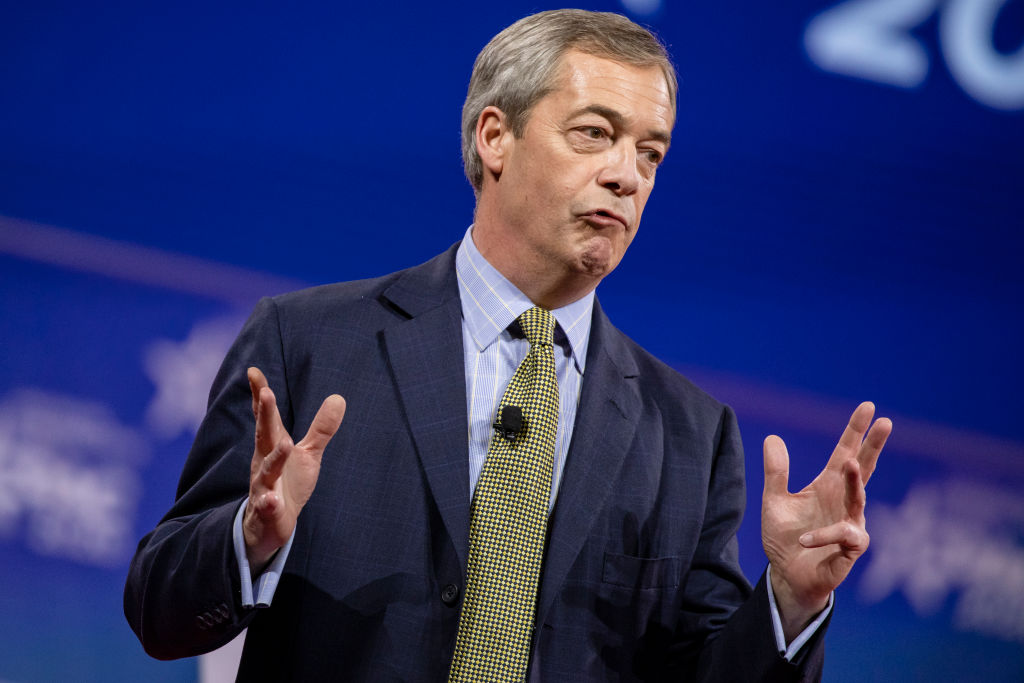The European Union’s imposition of the USB-C charging port on all items that make modern life possible, and yes explicitly including handheld mobile phones, portable navigation systems, tablets, headphones, headsets, handheld video game consoles, portable speakers, digital cameras, e-readers, keyboards, mice, and earbuds, anything that is “rechargeable with a wired cable and can operate with a power delivery of up to 100 watts”, is a piece of classic bureaucratic populism.
While at first glance, this initiative appears to be a consumer-friendly move aimed at simplifying our lives and cutting costs, a deeper dive reveals a complex web of implications that will stifle innovation and ultimately drive companies in the vital tech sector out of European production.
The EU will tell you — and let’s try and ignore the tweeness of quoting Tolkien in the EU’s PR bumf — “One charger to rule them all”, that this move will be a triumph for consumers. It heralds it as a money-saving measure that eliminates the clutter of mismatched chargers and cables. In a world where our devices multiply like rabbits, the financial burden of maintaining a drawer full of obsolete chargers can weigh heavy on our wallets. The EU estimates that the consumer could save a staggering €250 million annually (or about 65 Euro cents per head).
By standardising the USB-C port, not only are we reducing electronic waste, but we are also paving the way for increased competition among manufacturers. With a common standard, prices for charging accessories could plummet, making it a win-win for the average consumer. Who doesn’t want to see those pesky charges for multiple cables vanish?
However those elver nests of cables which we all have are already obsolete, and given the inbuilt obsolescence of most cables will continue as long as Europe has hot and cold running electricity (not a given with the rush to Net Zero). The industry itself was moving towards a level of standardisation, granted one that has been accelerated by the legislation.
The USB-C standard is already well-established in the tech industry. Many manufacturers have embraced this technology voluntarily, demonstrating that market forces are capable of driving innovation without the heavy hand of regulation. Why impose a mandatory standard when the industry is already moving in that direction? Frankly, if a company wishes to produce a different piece of kit, and people want to buy it, what earthly business is it of the EU to regulate it?
Moreover, there’s a legitimate concern that by enforcing a single standard, the EU may stifle creativity and innovation. Though Apple fought against the measure for as long as it could on precisely these grounds, it lost the battle and reluctantly agreed to convert its EU sales to the USB – C. In Oct 2022 Apple’s senior VP for worldwide marketing, Greg Joswiak, said unhappily , “We will have to comply [with the EU’s law]… but it would have been better to not have a government be that prescriptive.”
It doesn’t take an Elon Musk to realise that the tech landscape thrives on competition and diversity, and by mandating USB-C, the EU risks creating a homogenised environment where companies shy away from developing new and exciting technologies. What if the next ground-breaking charging solution is rendered obsolete before it even has a chance to shine?
Let’s not forget the economic implications. The fear is palpable: companies may seek refuge in more favourable regulatory climates outside the EU, leading to job losses and a potential exodus of talent. The very industries that the EU aims to protect could find themselves struggling to survive in an increasingly competitive global market. The irony is rich—while the intention is to create a more consumer-friendly environment, the end result could be detrimental to the economy and the tech sector in Europe. Vital research and development jobs will depart.
So, yes, it is populist, popular even, but the long term effects on innovation and jobs for EU citizens will be deeply harmful. And trust me, that tangled nest of cables — they will still be there for years to come.






Brexit’s Nigel Farage, with the rich men at Mar-a-Lago